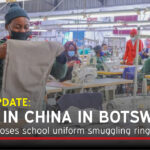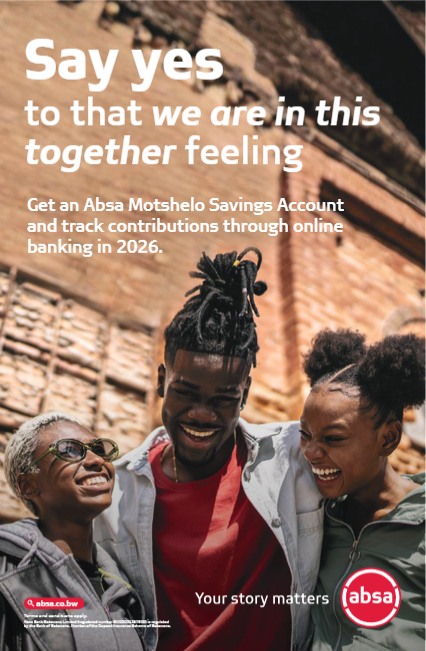High internet costs constrain Botswana e-commerce
Botswana is said to be faced with many challenges and weaknesses when it comes to e-commerce.
The recently launched National ICT Policy Review and E-Commerce Strategy developed by the United Nations Conference on Trade and Development (UNCTAD) highlights some of these challenges.
The strategy says while Botswana has made commendable progress in developing its ICT and telecommunications infrastructure, lowering internet costs, and trying to address the infrastructure challenges of landlocked countries, it continues to have problems with the quality of service and high internet data costs.
“Consultations with several stakeholders yielded reports of problems with Internet and e-government service operations. The location of hosting services and broadband access to e-commerce sites are potential problems,” UNCTAD said in the strategy which is hoped to revitalize the e-commerce industry.
It has been further pointed out that there is limited awareness, use, and experience with ICTs and e-commerce among micro, small and medium-sized enterprises.
“This underscores the basic need for awareness and expertise in e-commerce among companies and professionals.”
Botswana is said to have a relatively underdeveloped IT and innovation sector, a lack of Foreign Direct Investment (FDI) in the IT sector, and the absence of a large number of major IT players, especially when compared with neighbouring South Africa, which serves as the regional headquarters for many of these companies and related FDI.
UNCTAD says Botswana is often dwarfed by South Africa or perceived as an extension of the South African market by much of the international investment community.
“This constrains the growth of supply-side players in e-commerce,” developers of the strategy pointed out.
Botswana’s small talent pool is also believed to be a constraint to e-commerce growth.
UNCTAD says in the past, it has not been large enough for the country to be seen as possessing sufficient IT talent and the startup ecosystem to make it a potential contender for major technology FDI.
Another problem that has been highlighted is the supposedly stagnant private sector which has struggled to grow with the economy is mainly driven by the government.
“The economy is primarily government-driven, with the government being the country’s major employer. There is a relatively small business sector outside of government procurement-generated business.”
Botswana’s fledgling businesses and business sector are thought to have also struggled to compete in the highly competitive Southern African market, which is dominated by tough regional players.
This is believed to be another constraint to the growth of e-commerce and limits the ability of Botswana businesses to be competitive in e-commerce.
Though faced with numerous challenges to growing this industry, it is believed Botswana is well-positioned for e-commerce growth.
This is because it is thought to possess a large number of e-commerce-ready users with smartphones, who use mobile broadband and can serve as the initial segments of the population that will spearhead the spread of e-commerce.
UNCTAD says strength is that the country has a growing middle-class and large segment of social media-using youth who can serve as the early adopters of e-commerce.














